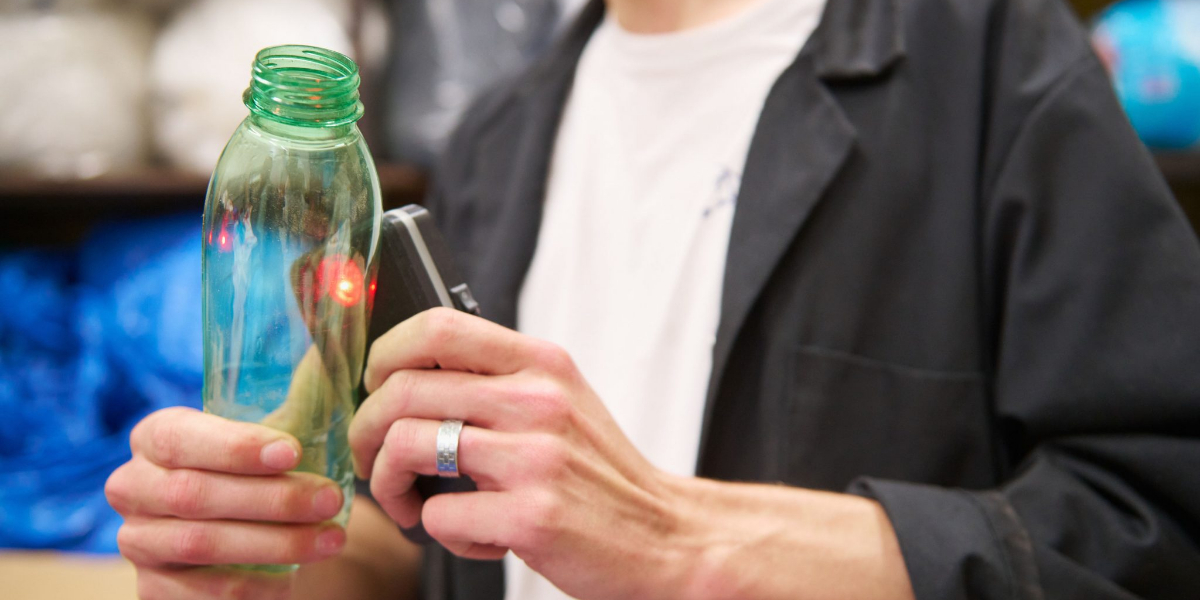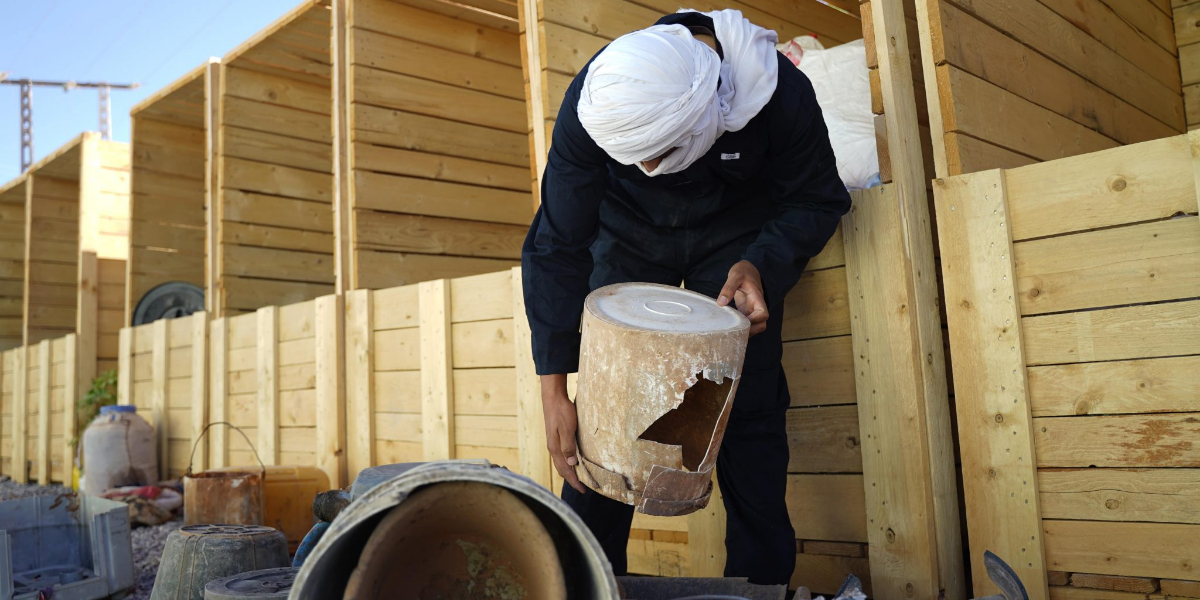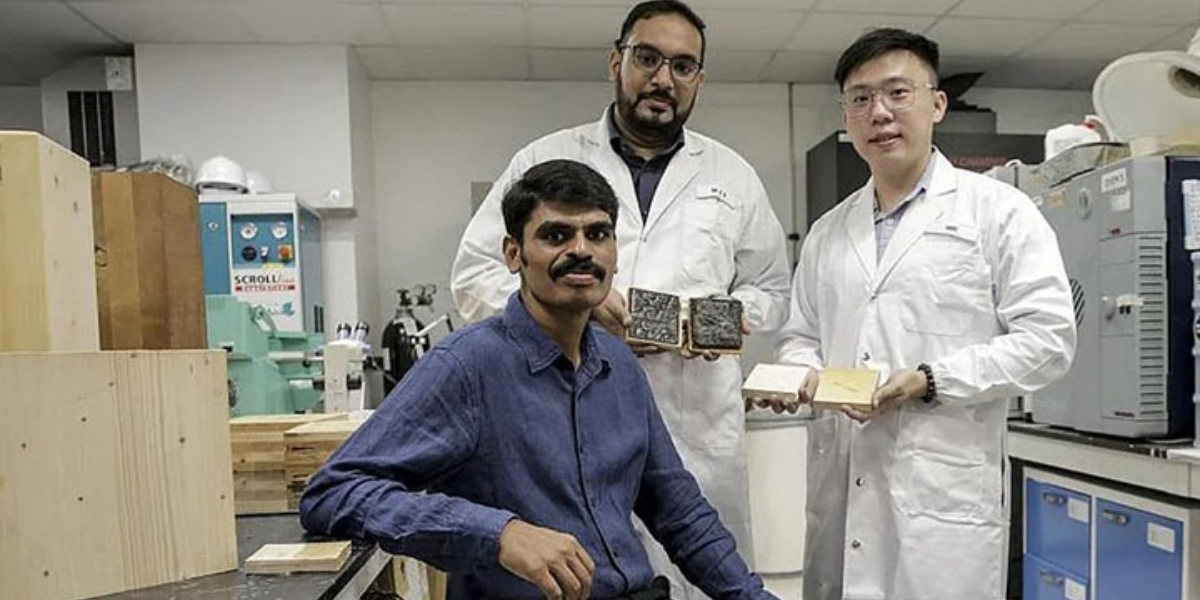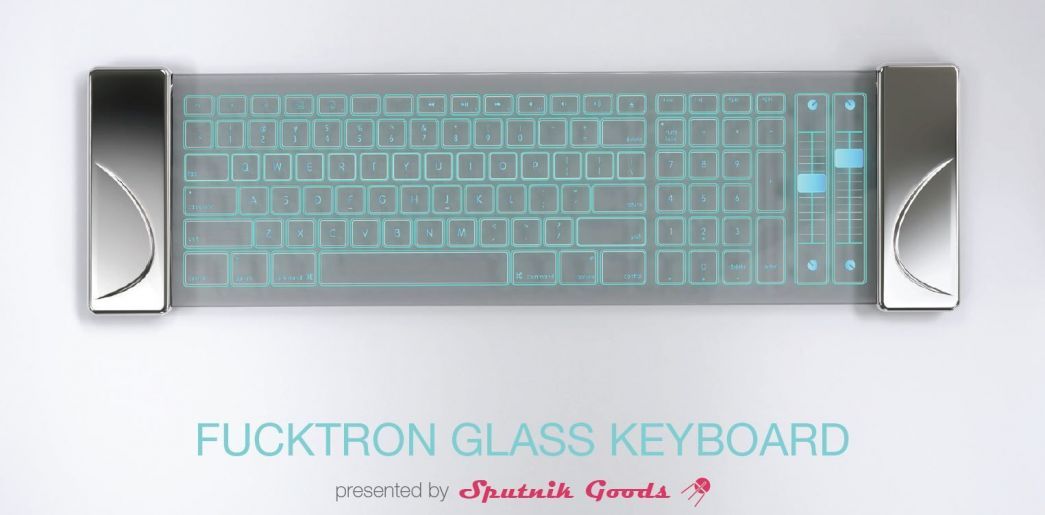AWARD YEAR
2023
CATEGORY
Work
GOALS
Responsible Consumption & Production, Climate Action
KEYWORDS
recycling, Plastic pollution , Plastic
COUNTRY
Netherlands
DESIGNED BY
Jerry de Vos
WEBSITE
https://plasticscanner.com/
Plastic Scanner
A device that can identify the most common types of plastic to make recycling simpler
How does it work?
A device that can identify the most common types of plastic to make plastic recycling simpler, more accessible, and more viable! All in an open source way.
Discrete near-infrared spectroscopy makes it possible to identify over 75% of all plastic used in everyday life. Therefore, it became my mission to make this technology accessible to recyclers in low and middle-income countries.
Why is it needed?
As you might know, plastic recycling is important, but putting this into practice can be quite challenging. One of the big things is identifying and sorting plastic.
Plastic pollution is a well-known problem worldwide and is still growing. It negatively affects humans and wildlife through animal death, groundwater pollution, and the incorporation of microplastics in our digestive system. There are many initiatives focusing on reducing the negative effects of plastic pollution, but the amount of plastic consumed and the subsequent pollution is still increasing every year. Additionally, in the current COVID-19 pandemic the dependency on single-use plastics has increased exponentially.
How does it improve life?
That is why it is important to keep improving recycling infrastructure, especially in low and middle-income countries. Their plastic waste management is often informal, and tools are insufficient for the correct management of plastic waste, resulting in plastic pollution. The research conducted in this thesis showed that especially the sorting stage of the plastic recycling process is very time-consuming and labor-intensive.
By applying principles of context variation, local manufacturing, and open development in the design process, tools that accelerate the sorting of plastic waste were created. This brings Plastic Identification Anywhere another step closer, with the end goal of fighting plastic pollution, together, today.






